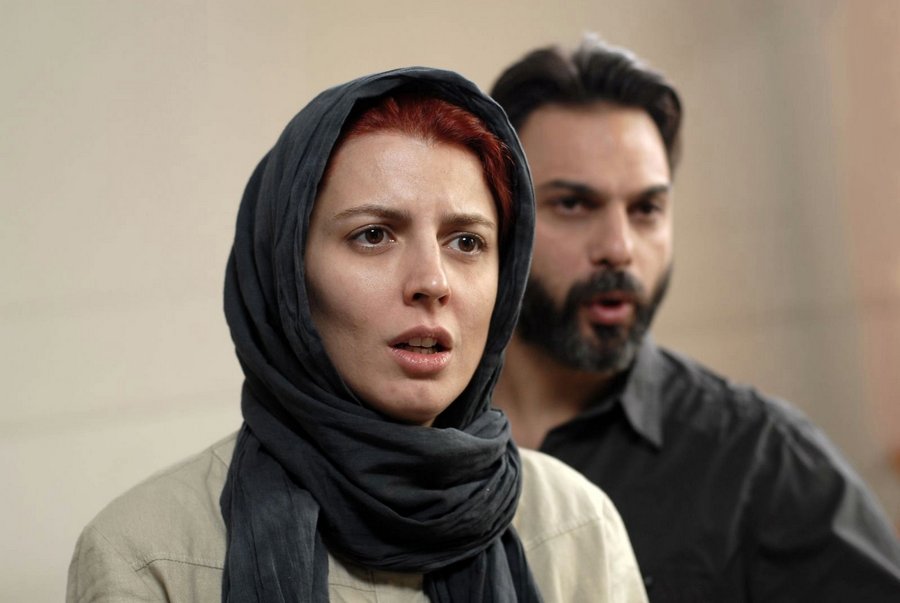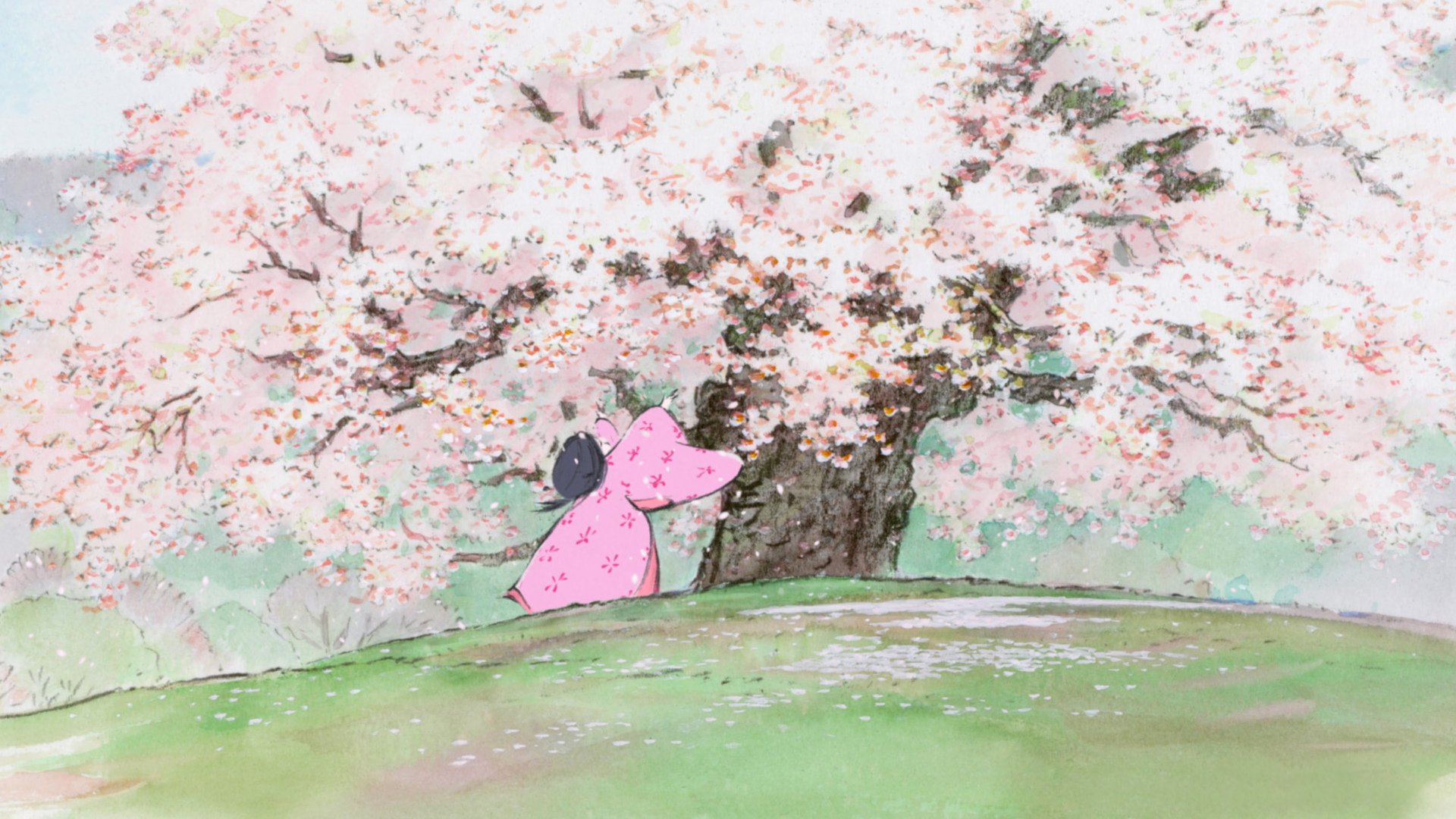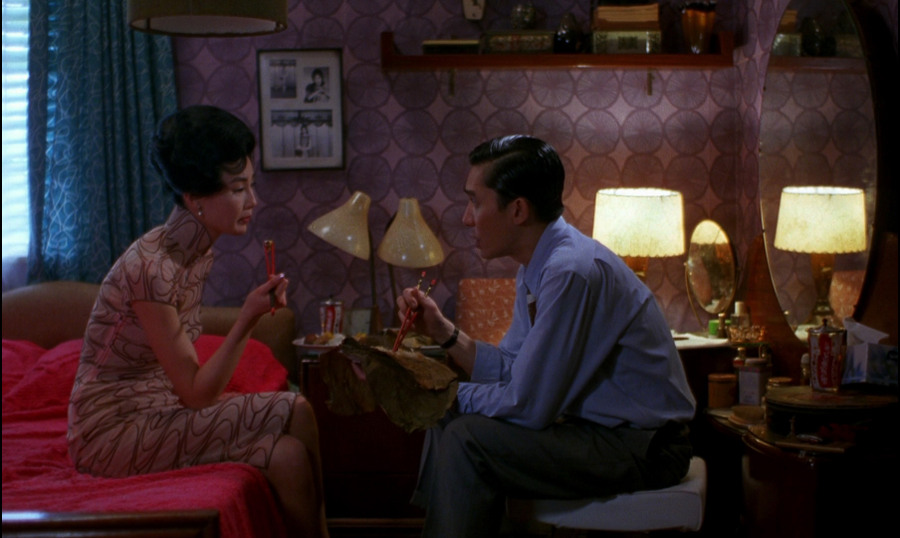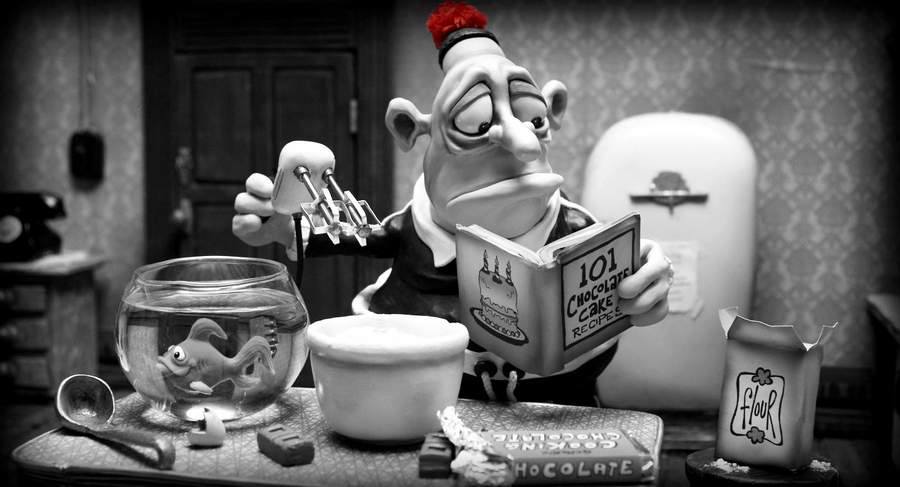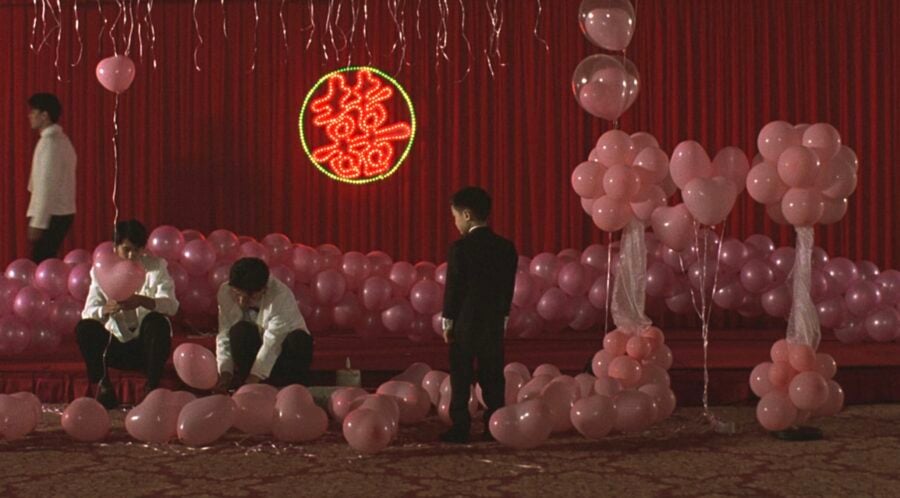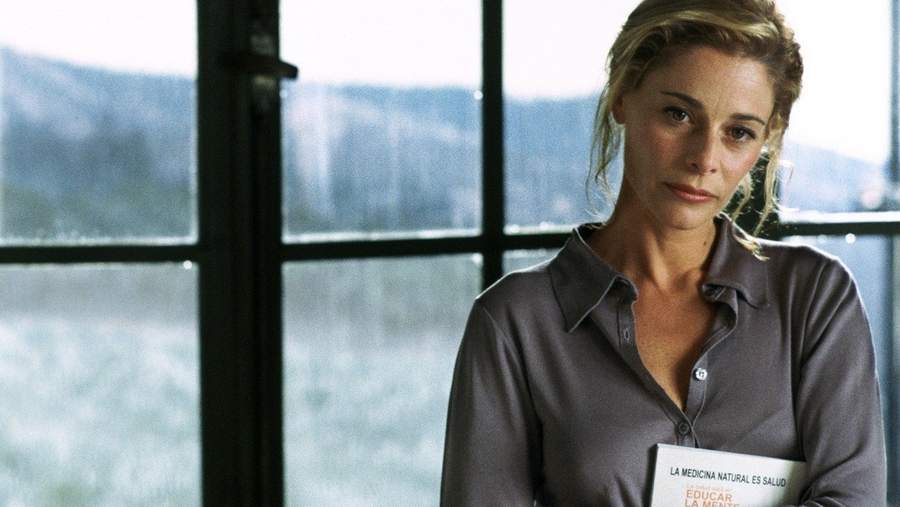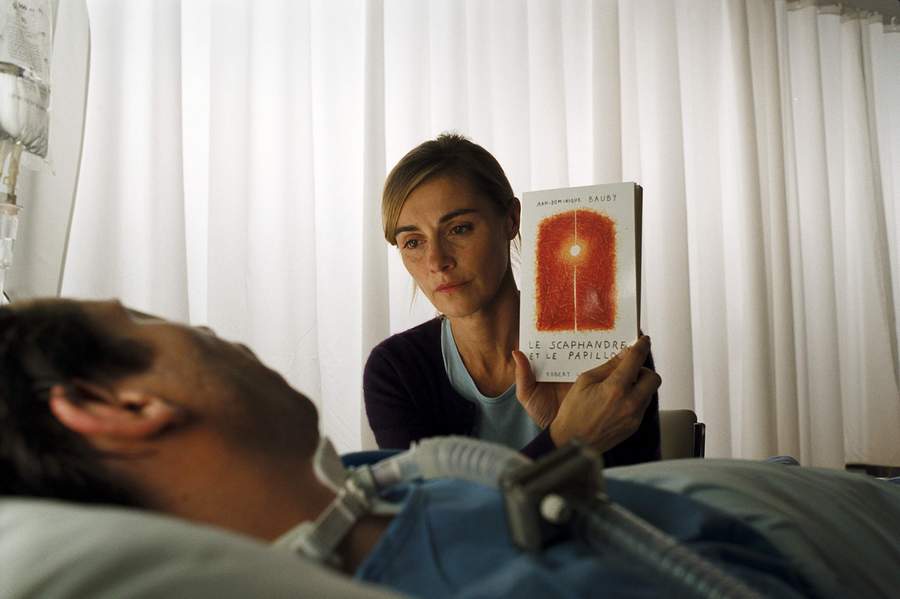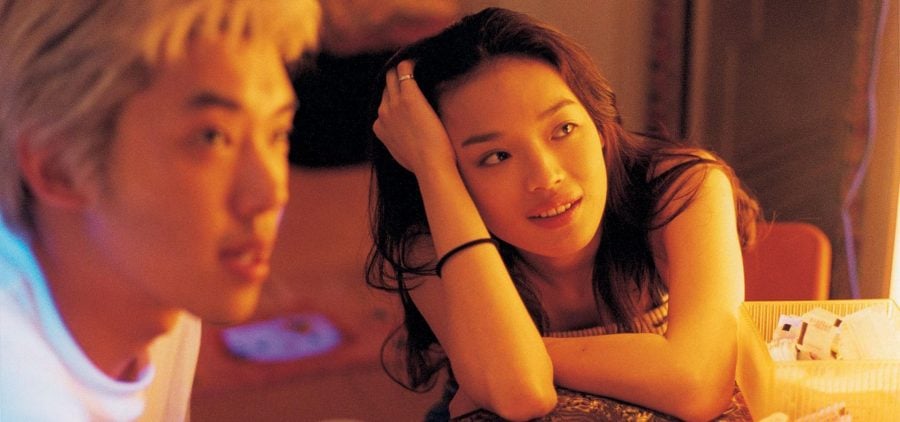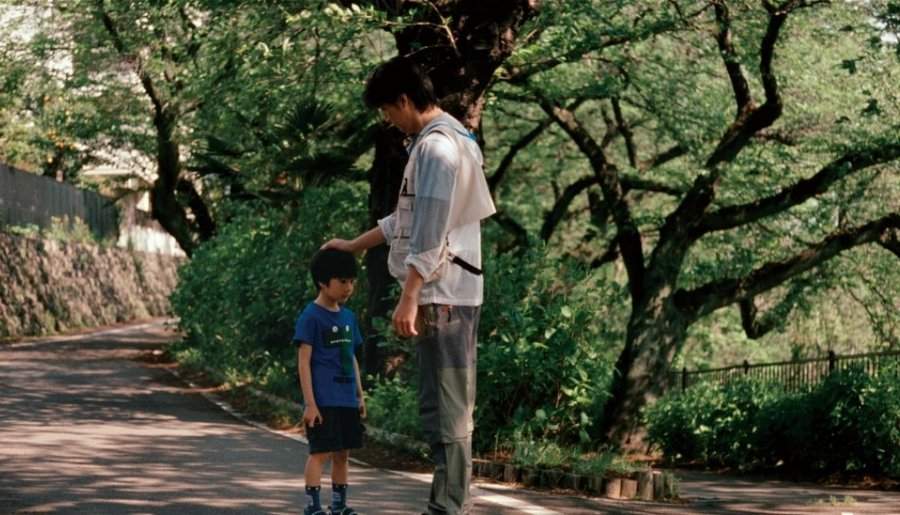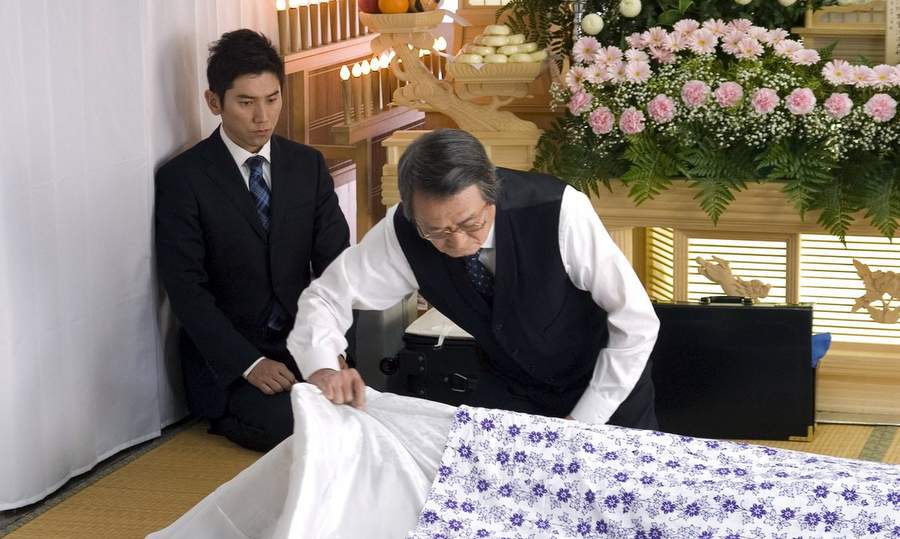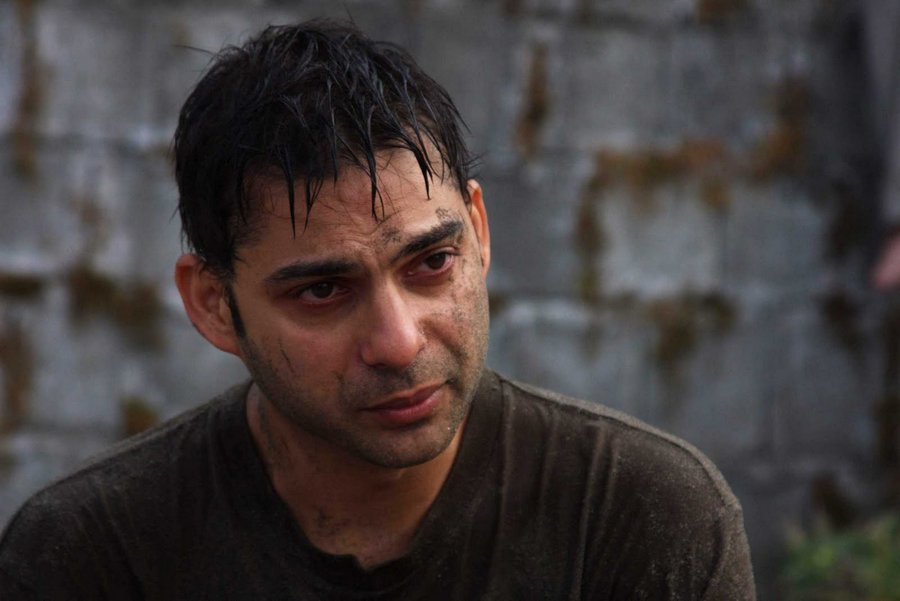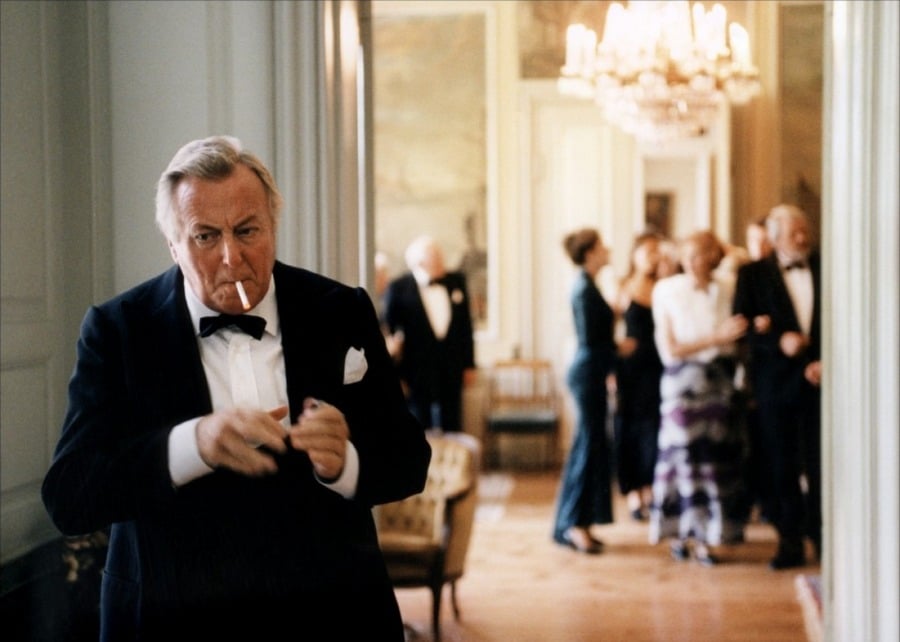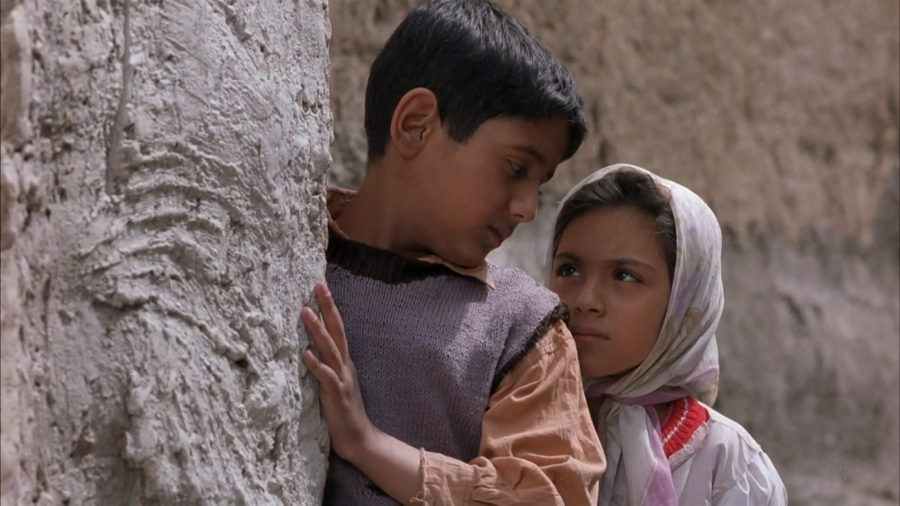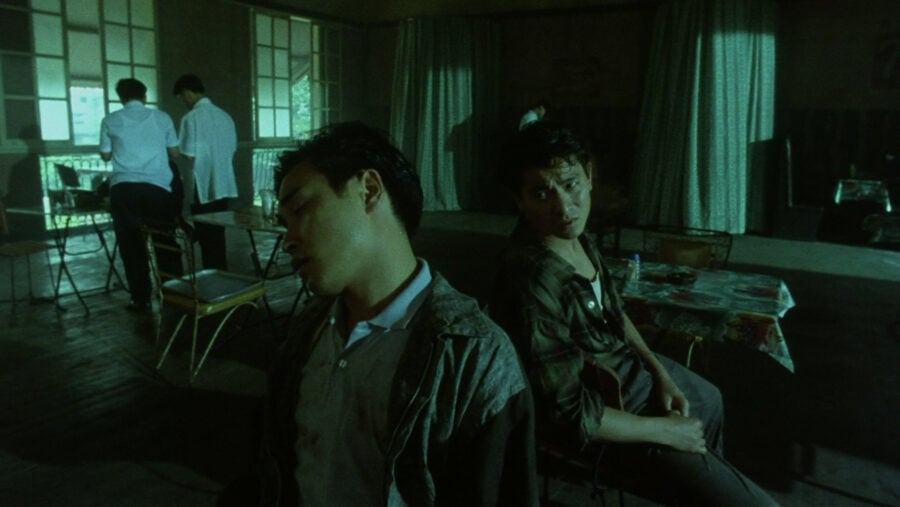Not one but two Oscars as well as a Golden Globe are among this movie’s never-ending list of accolades. It was the first Iranian film ever to get an Oscar and the first non-English film ever nominated for Best Screenplay. Originally titled The Separation of Nader from Simin in Persian, it homes in on the dissolving relationship of a middle-class couple from Teheran – and the unintended consequences of tragic events.
However, this film is so intense, well-acted, and well-written, it defies categorization. To be sure, the movie does offer a painful look at a deteriorating marriage. It’s also timely, dealing with the politics of theocracy, economic underdevelopment, and social alienation. It presents tense moral dilemmas without pointing a finger. If you’re curious to learn about the humans of Iran and, by cultural extension, the humans of the Middle East beyond the scope of global politics, A Separation is also for you.
But please don’t call it world cinema, because this is no Slumdog Millionaire. Above all, it is a searing portrayal of human conflict, relationships, and morals. It is an almost perfect depiction of how many bad people are simply good people running out of options.
Genre: Drama
Actor: Ali-Asghar Shahbazi, Babak Karimi, Bahareh Riahi, Kimia Hosseini, Leila Hatami, Merila Zare'i, Payman Maadi, Peyman Maadi, Peyman Moaadi, Sahabanu Zolghadr, Sare Bayat, Sareh Bayat, Sarina Farhadi, Shahab Hosseini, Shirin Yazdanbakhsh
Director: Asghar Farhadi

